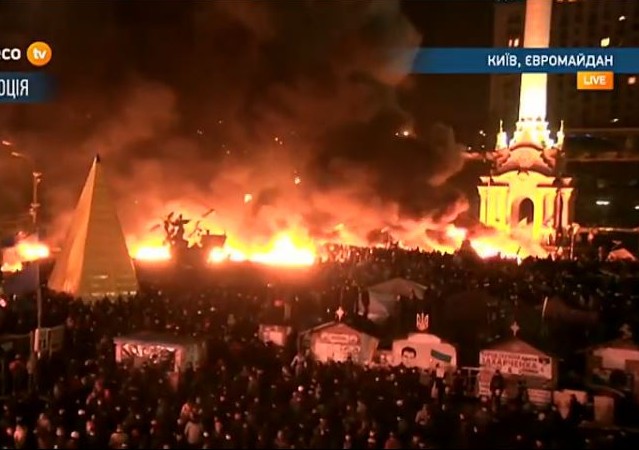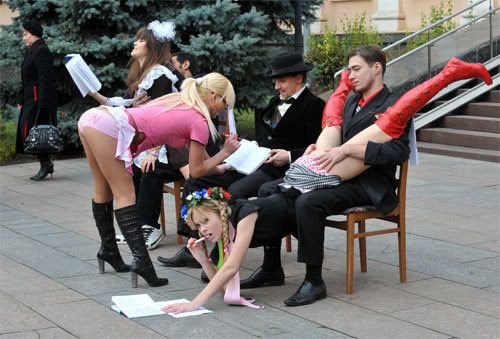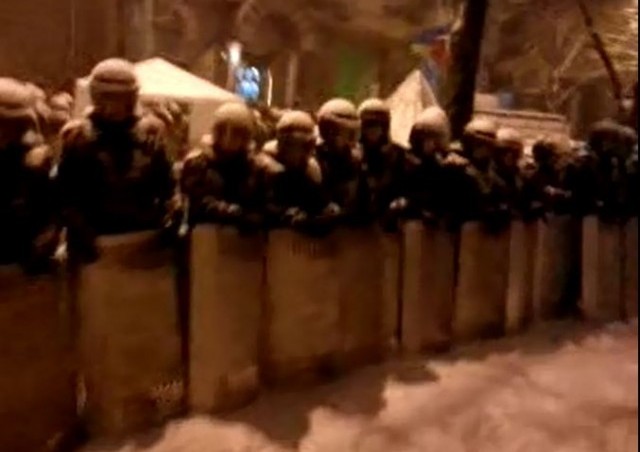Uzbekistan Dictator’s Very Soviet-style Death
on September 03, 2016
1 Comment
The announcement of passing of Uzbekistan's veteran dictator Islam Karimov came as surprise to no one in the Russian-speaking world. The rumors of his death, following a stroke that his younger daughter announced on her Instagram account, had been circulating for days when, in a situation similar to a true Soviet leader's demise:
The Uzbek government did not confirm the reports at first but played funeral music on state channels. [Put yourself in their shoes: How does one break the news like that to the population?] Later on Friday the government eventually released a statement saying the 78-year-old president had died.Soviet leaders' state of health was never discussed in press, death announcements -- delayed. Western Kremlinologists and ordinary Russians alike had to crack their heads to figure out what was going on. The lack of transparency gives an edge to the strongmen: Recall the Vladimir Putin's pointed disappearance last March prompting speculations of the Russian president's death. If Putin was only playing with our heads, Karimov was for real.

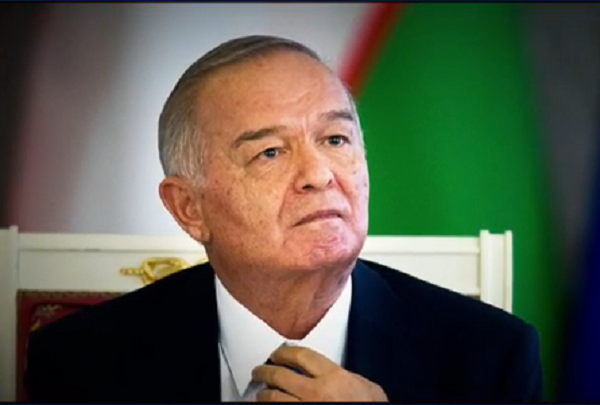

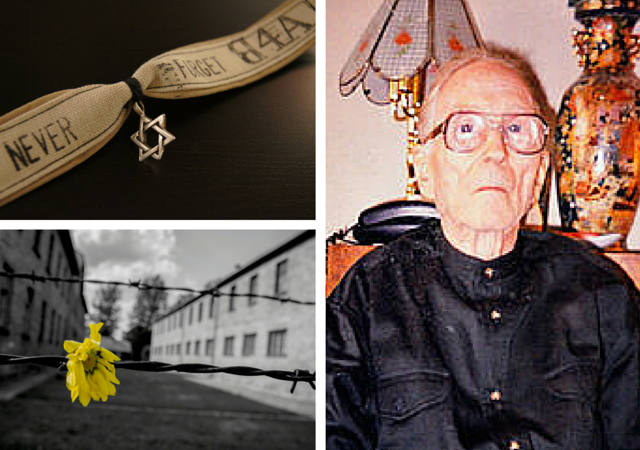
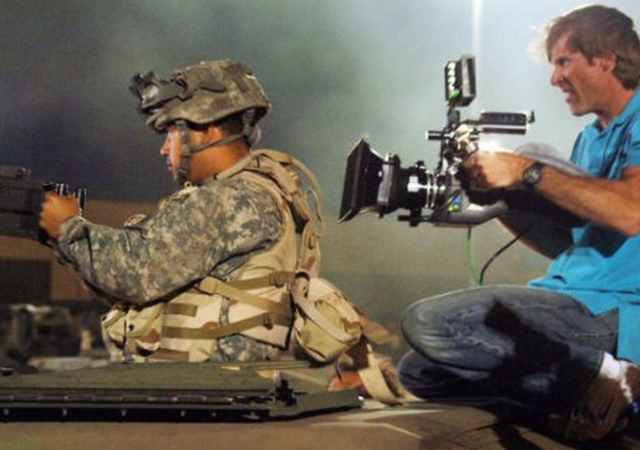

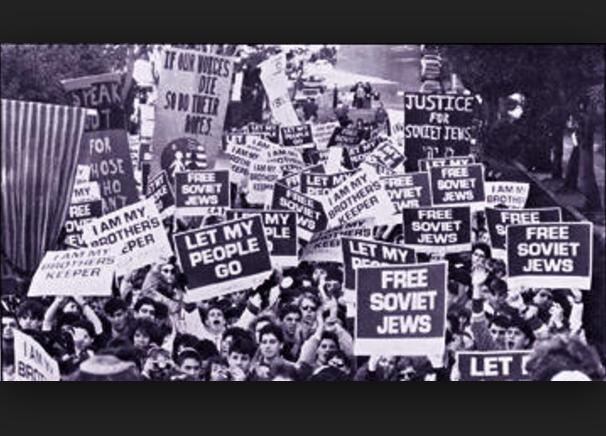
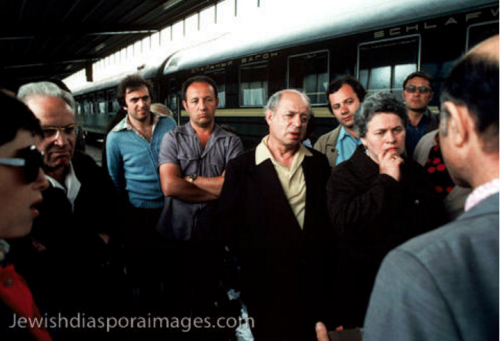
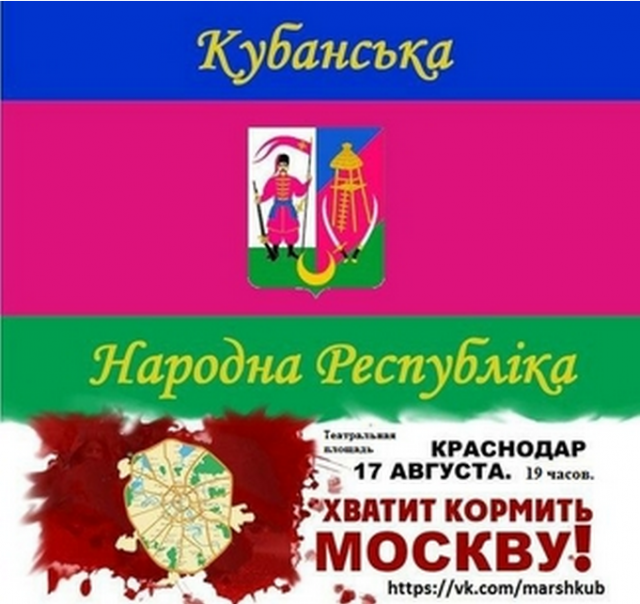
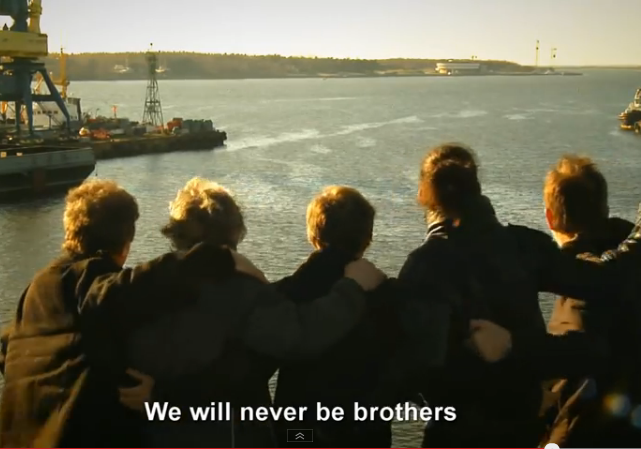
 [Ukrainian GDP by region. Dnipropetrovsk governor and second richest person in the country Ihor Kolomoisky had formed his own security force in the wake of Maidan's victory][/caption]To be sure, federalization is
[Ukrainian GDP by region. Dnipropetrovsk governor and second richest person in the country Ihor Kolomoisky had formed his own security force in the wake of Maidan's victory][/caption]To be sure, federalization is 